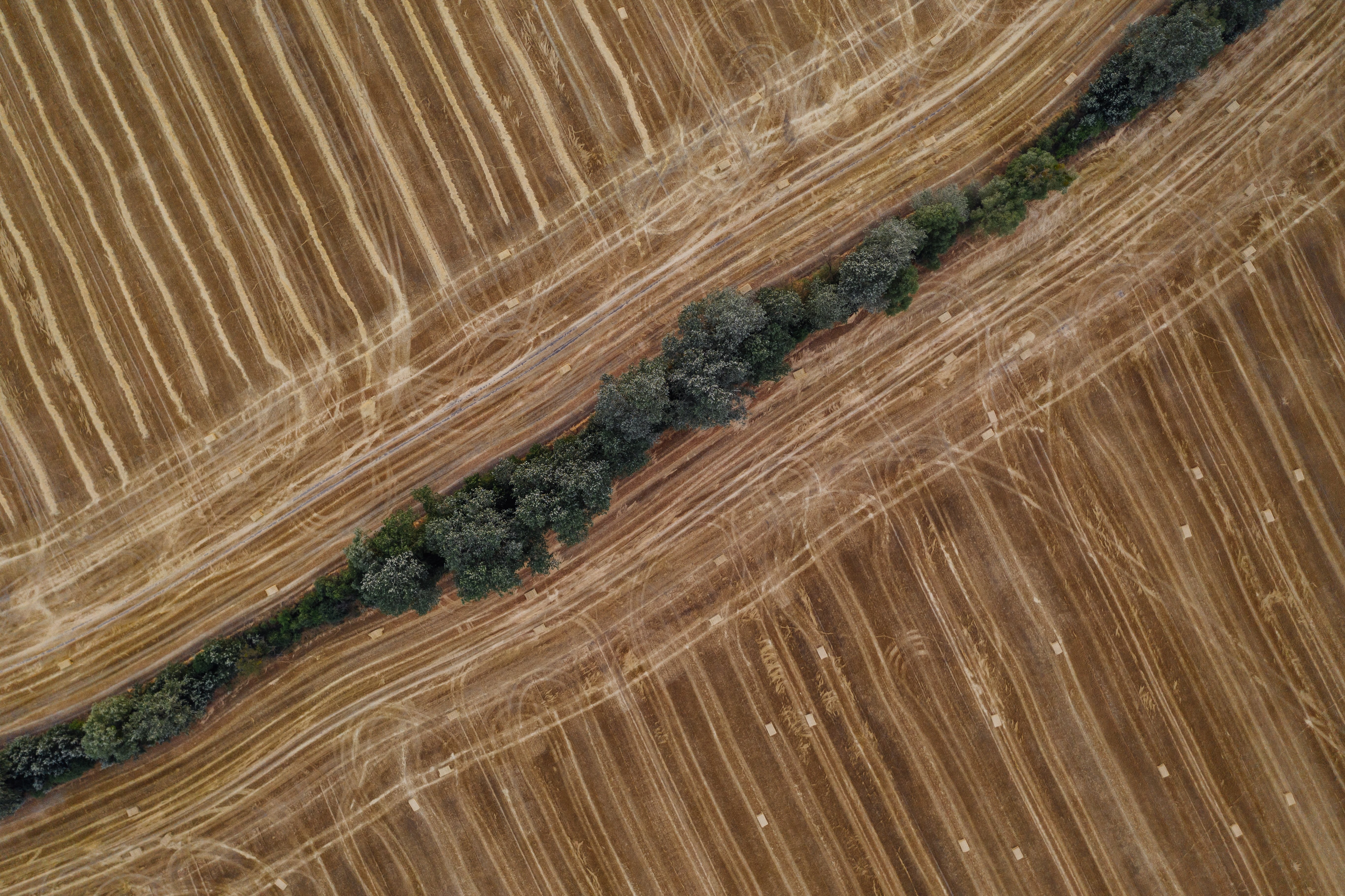The European Commission has unveiled plans to allocate extra funding to support EU farmers grappling with challenges such as adverse weather conditions, escalating input costs, and various market and trade-related issues. This new financial aid package will provide €330 million to 22 EU Member States.
Furthermore, Member States have given the green light to a €100 million aid package for farmers in Bulgaria, Hungary, Poland, Romania, and Slovakia, which was introduced on 3 May. The Commission is also considering other supportive measures, including the potential for increased advance payments for farmers impacted by unfavorable climatic events.
Farmers from countries including Belgium, Czechia, Denmark, Germany, Estonia, Ireland, Greece, Spain, France, Croatia, Italy, Cyprus, Latvia, Lithuania, Luxembourg, Malta, Netherlands, Austria, Portugal, Slovenia, Finland, and Sweden will receive this exceptional €330 million support from the CAP budget. These nations can supplement this EU aid with up to 200% of national funds. This decision came after Member States shared their evaluations of their agricultural sectors' challenges. The proposal will be put to a vote in an upcoming committee meeting for the common organization of agricultural markets.
The aid will be distributed directly to farmers by national authorities. It aims to offset the economic setbacks caused by market disruptions, the repercussions of high input prices, plummeting agricultural product prices, and, where applicable, damages from recent climatic events, especially severe in regions like the Iberian peninsula and Italy. Part of the aid can also be used for wine distillation to prevent further market decline.
The €100 million aid package approved for farmers in Bulgaria, Hungary, Poland, Romania, and Slovakia will be distributed as follows: €9.77 million for Bulgaria, €15.93 million for Hungary, €39.33 million for Poland, €29.73 million for Romania, and €5.24 million for Slovakia. These countries face logistical challenges due to significant imports of certain agri-food products from Ukraine. Temporary measures on imports of select products from Ukraine were implemented on 2 May and are set to end by 15 September 2023. A Joint Coordination Platform is also in place to enhance trade flow between the EU and Ukraine through the Solidarity Lanes.
Both aid packages are expected to be disbursed by 31 December 2023. The Member States must inform the Commission about the specifics of the aid's implementation, including the calculation criteria, the anticipated impact, its assessment, and steps taken to prevent market distortion and overcompensation.
In addition to direct financial assistance, the Commission proposes to permit higher advance payments of CAP funds. This would mean that up to 70% of direct payments and 85% of rural development payments related to area and animals could be accessible to farmers by mid-October, aiding their cash flow. Member States can also modify their CAP Strategic Plans to channel CAP funds toward investments that restore production potential after losses due to adverse weather events.
Photo by Marcin Jozwiak on Unsplash



1 Comment